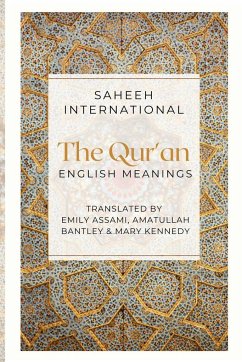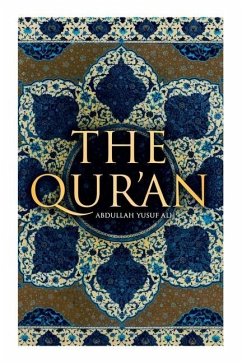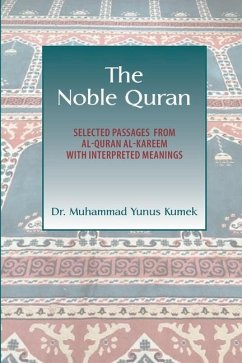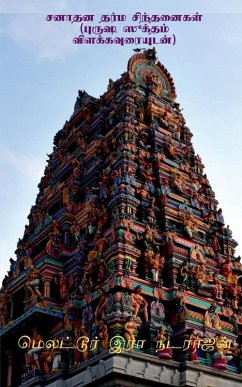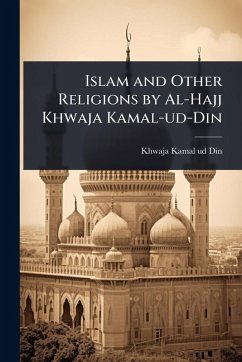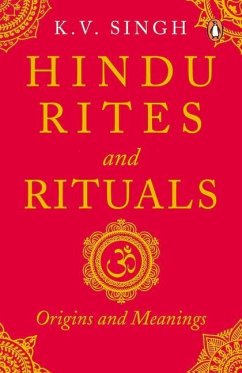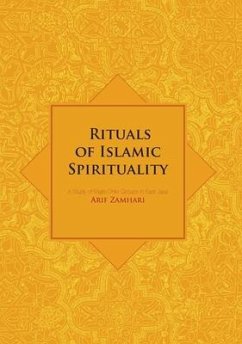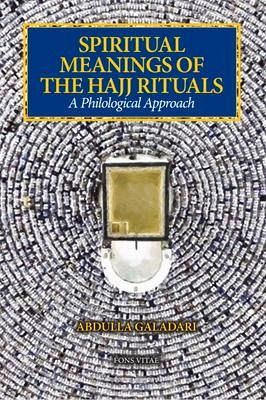
Spiritual Meanings of the Hajj Rituals
A Philological Approach
Versandkostenfrei!
Sofort lieferbar
24,99 €
inkl. MwSt.

PAYBACK Punkte
12 °P sammeln!
Countless juristic works have been composed on the Hajj and the Umrah--the major and minor Islamic pilgrimage to Mecca--with meticulous attention to the proper manner of performing their rites in keeping with the relevant legal rulings derived from the Qur'an and the Prophetic Sunnah. Far fewer works, however, have been devoted to the inner meanings of these rituals and the spiritual benefit and significance they hold for the pilgrim. Approaching the topic through an etymological and historical analysis of the words used to describe the pilgrimage rites, and tracing the semantic links among re...
Countless juristic works have been composed on the Hajj and the Umrah--the major and minor Islamic pilgrimage to Mecca--with meticulous attention to the proper manner of performing their rites in keeping with the relevant legal rulings derived from the Qur'an and the Prophetic Sunnah. Far fewer works, however, have been devoted to the inner meanings of these rituals and the spiritual benefit and significance they hold for the pilgrim. Approaching the topic through an etymological and historical analysis of the words used to describe the pilgrimage rites, and tracing the semantic links among relevant terms as they appear in the Jewish, Christian, and Islamic scriptures, this insightful and fascinating study seeks to unlock some of the mysteries hidden within the Hajj rituals. In so doing, it shows that, far from being mere re-enactments of stories from antiquity and their exoteric meanings, these rites function as symbols of inner realities, both earthly and heavenly, and as stages in the pilgrim's spiritual journey from death to resurrection and hence, to spiritual enlightenment.




